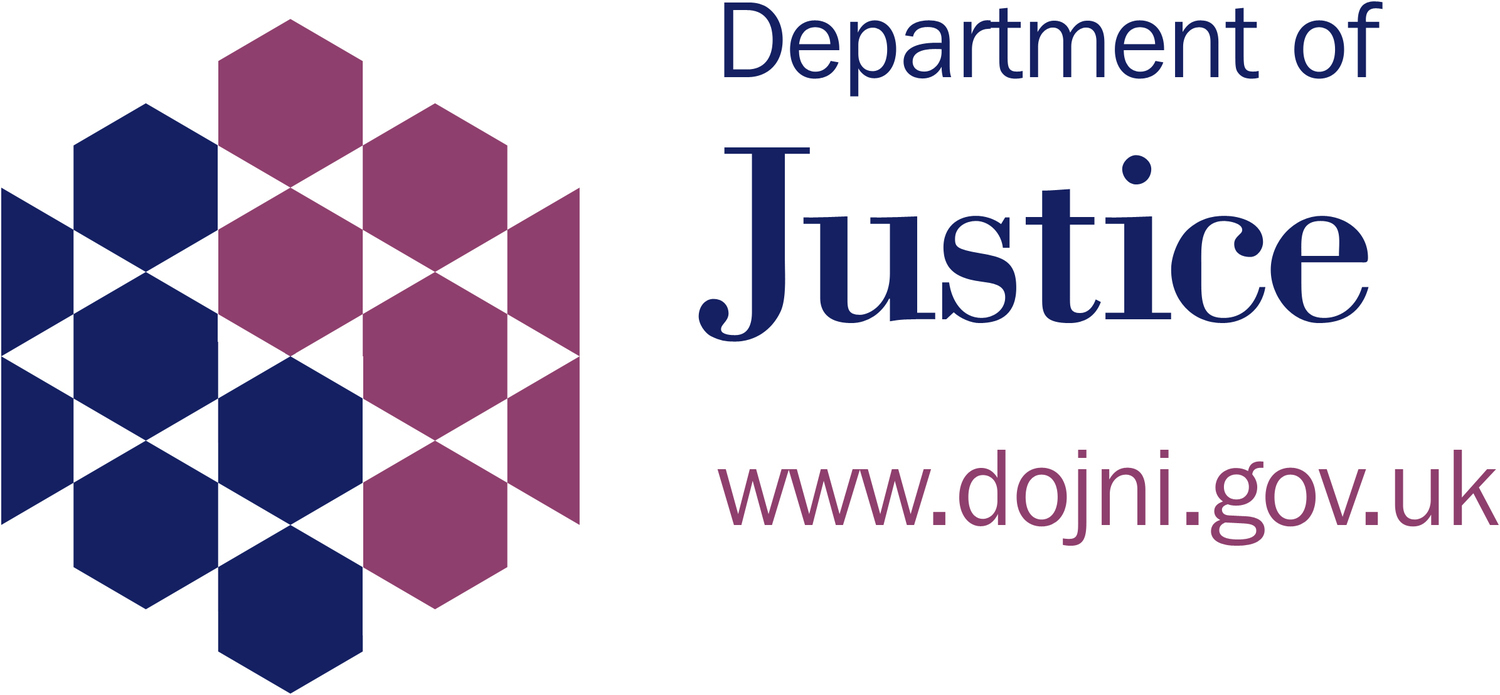IT will take up to 12 years to deal with the backlog of legacy inquests linked to deaths from the Troubles, according to a previously unpublished Department of Justice document obtained by The Detail.
The Legacy Structure Review was carried out by senior civil servants in June 2014 but it predicted long term problems and acknowledged that this wait will be “too long for some families”.
The review team identified “significant problems” with the current arrangements for dealing with legacy matters that would have “serious and costly implications” for the Department of Justice.
These included:
- A financial analysis that concluded a typical legacy inquest would cost the department £1.5 million per case;
- “A lack of leadership” and “poor communication” between the various legacy agencies;
- Victims’ families being "poorly informed and generally alienated" from the inquest process.
The document was obtained by The Detail through a Freedom of Information request.
There are now 55 legacy inquests relating to 96 deaths being dealt with by the Northern Ireland Coroners Service.
A Department of Justice spokesperson said : "The Legacy Structure Review was commissioned by the Minister in recognition of the fact that legacy matters are complex and require ongoing strategic direction."
Since the document was written, the Stormont parties along with the British and Irish Governments have agreed new structures to deal with the past, but these have yet to be implemented.
The legacy issues are included in renewed negotiations that are ongoing at Stormont.
The Detail also reports today on how continuing delays in the inquest system have sparked an intervention by lawyers representing families bereaved in the Troubles as well as recent tragic cases unrelated to the decades of violence.
The review team’s document said that while a considerable amount of work is being undertaken by the agencies involved with progressing legacy matters, a “lack of co-ordination and strategic direction was significantly impeding progress”.
The review pointed to the complexity of legacy inquest cases, the volume of material, and disclosure agreements involved in releasing documents from government agencies, as particular barriers to progress.
It stated that while senior staff in legacy-related agencies were keen to engage, “even with a concerted effort to overhaul current arrangements it was still likely to take up to 12 years to clear the current legacy inquest caseload”.
The review predicted that more legacy cases were also likely to be directed to inquest in the future.
Last week the Advocate General for Northern Ireland, Jeremy Wright QC, directed new inquests into the deaths of eight IRA members and a civilian shot dead by the SAS in County Armagh in 1987.
The review team’s document said that in the absence of a comprehensive approach to the past, the challenge was to make the current systems work as “efficiently and effectively as possible to improve the flow and completion of legacy cases”.
It recommended establishing a time limited Legacy Unit within DOJ that would operate for 12 months.
It would act as a single centre of expertise for dealing with Legacy issues as they arise.
However the review team warned that there was a risk that the unit could be seen as “an exclusively DOJ solution to the past”.
In a statement to The Detail a spokesperson for DOJ said:
"The arrangements at the time the review was commissioned were not as efficient as they could have been; the DOJ Legacy Unit was, therefore set up to establish the nature of the issues and identify actions, some of which have been undertaken and others continue to be progressed.
"It also contributed to the Stormont House Agreement Talks last year and, since the publication of the Stormont House Agreement in December 2014, has focused on developing the necessary legislation and its subsequent implementation."
The possibility of appointing coroners' investigators to provide investigative support within the coroners service was also raised in the document.
Investigators would gather evidence, investigate the circumstances of a reported death, interview witnesses and supply statements and evidence to enable the coroner to complete their investigation into the circumstances of a death.
In a statement to The Detail the Northern Ireland Court Service confirmed that arrangements are currently in progress to recruit two coroners' investigators.
 By
By
